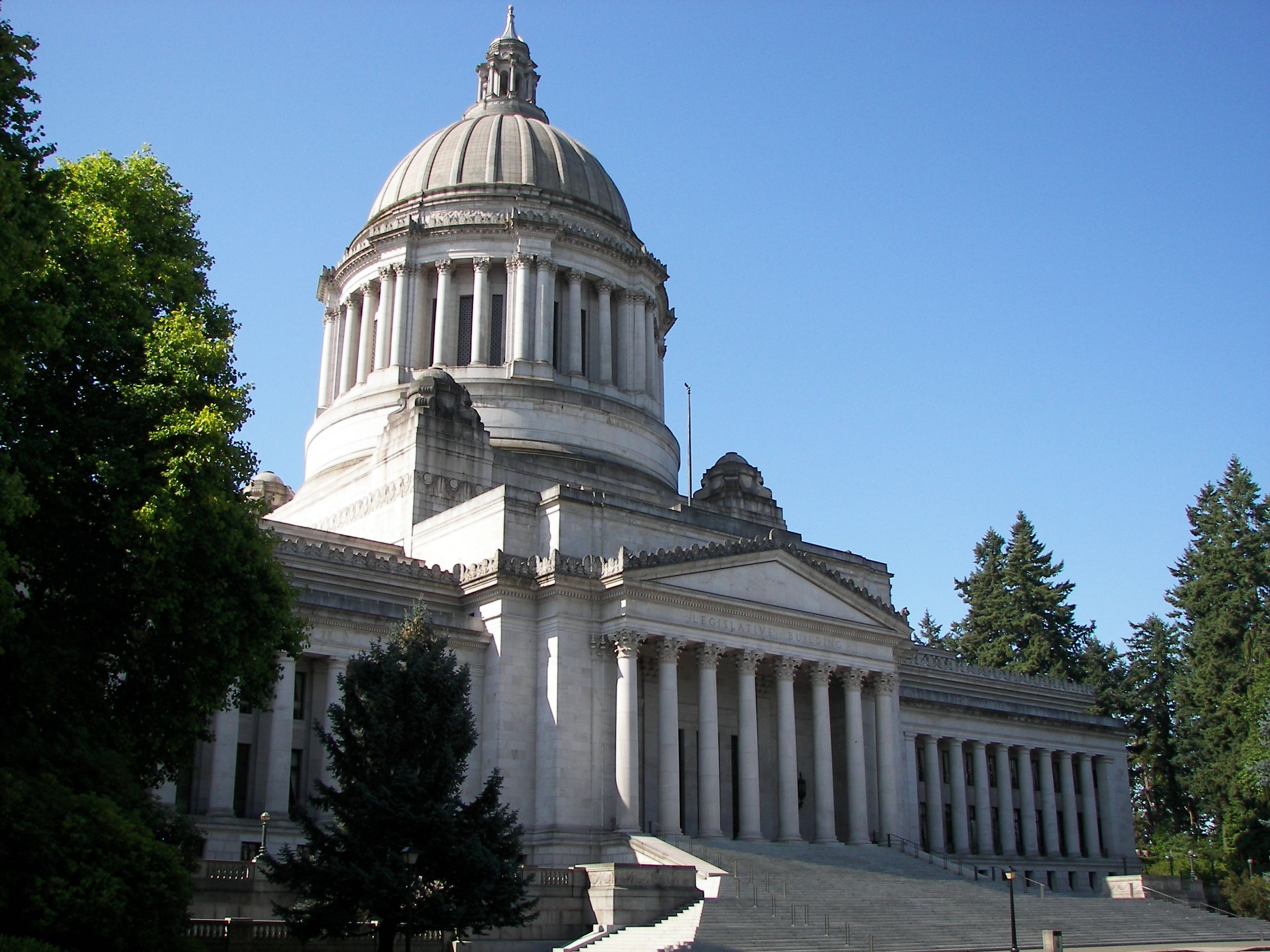Two little known state boards have come under fire recently for lack of meaningful public notice for their ruling making. The Human Rights Commission has agreed there was a lack of adequate public participation in its recent "bathroom" rule while the State Building Code Council has acknowledge violations of the state's Open Public Meetings Act (OPMA). Both these examples illustrate the need for more education of government entities, both large and small, on the people's right to know and be involved in the decisions that affect their lives.
Consider first the details learned about the Human Rights Commission's rule making. Although it began in 2012, we know from the Commission's minutes that the "workgroup" meetings were not well attended. From its June 28, 2012 minutes:
- "Chair Hunt expressed disappointment on the attendance at the June 20,2012 rule making workgroup held in Seattle and at the Tri Cities public forum held on May 24, 2012; stated it was nothing that the Commission did wrong, need to publicize events better."
- "Commissioner Murinko participated in the June 6, 2012 work group meeting with Laura Lindstrand, policy analyst, regarding sexual orientation and gender identity; stated it was not well attended by public and stakeholders;"
- "Chair Hunt went over the expectations of the Commission; reaching out to the public and employers to provide education and outreach; need to educate Legislature;"
Further explaining the lack of public participation with the drafting of the controversial rule, the Human Rights Commission provided this testimony to the House General Government & Information Technology Committee on January 22 of this year.
It does look like one hearing was held in Tacoma on June 24, 2015 after the rule was first made available on May 20, 2015. The final rule was adopted on November 25, 2015. As noted by the Commission, however, it received little public comment.
In contrast, more than 300 people attended a legislative public hearing on a bill to repeal the rule yesterday. Unfortunately only 45 minutes was provided for testimony meaning only a handful were able to comment.
As for the State Building Code Council, responding to complaints from the state's builder trade group (BIAW), the Council recently acknowledged to Crosscut that it had violated the OPMA:
With just four staffers, and the agency about to see its costs outstrip its revenues, staff reductions will be required soon, said Tim Nogler, managing director of the council. It’s a situation the council has been warning the Legislature about for years.
“This is definitely a cause for concern,” Nogler wrote in an email to InvestigateWest. “A reduction in today’s staffing level raises further concern about our ability to meet deadlines (and) maintain good transparency and accessibility.”
Amendments to the energy code already have provoked several dustups between the building lobby and the building council. For about five years the builders’ association has peppered the council with complaints about its processes . . .
Nogler, of the building council, acknowledged that the overworked staff hasn’t always been able to keep up with public meeting notices.
He said the agency took the building group’s criticism seriously and requested an audit by the Department of Enterprise Services that last year identified two instances when the agency did not meet requirements to file meeting schedules under the Open Public Meetings Act.
Thankfully there is some good news for the people's right to know. Yesterday Attorney General Bob Ferguson's OPMA fine bill cleared its first hurdle. As reported by the AG:
Attorney General Bob Ferguson today welcomed the approval of his bill to update the Open Public Meetings Act by the House State Government Committee. Ferguson’s agency-request legislation would modernize the penalties for knowingly violating the Act’s requirements from $100 to $500, roughly in line with inflation since the law was enacted in 1971. The bill also adds an increased penalty of $1,000 for repeat knowing violations.
“Ensuring open government is the best way to promote good government,” Ferguson said. “I am pleased this overdue update has passed its first legislative hurdle.”
In other open government news, keep an eye today on HB 2576: Concerning public records act requests to local agencies. The bill is scheduled for a public hearing in the House Committee on Local Government. The Washington Coalition for Open Government says the proposal "is the most significant public records bill in WA state Lege so far." The proposal makes several major changes to the state's public records law.
To build back trust and respect between the people and their government the citizens must have meaningful notice of what laws and rules are being proposed and the ability to access public records to hold government officials accountable.





